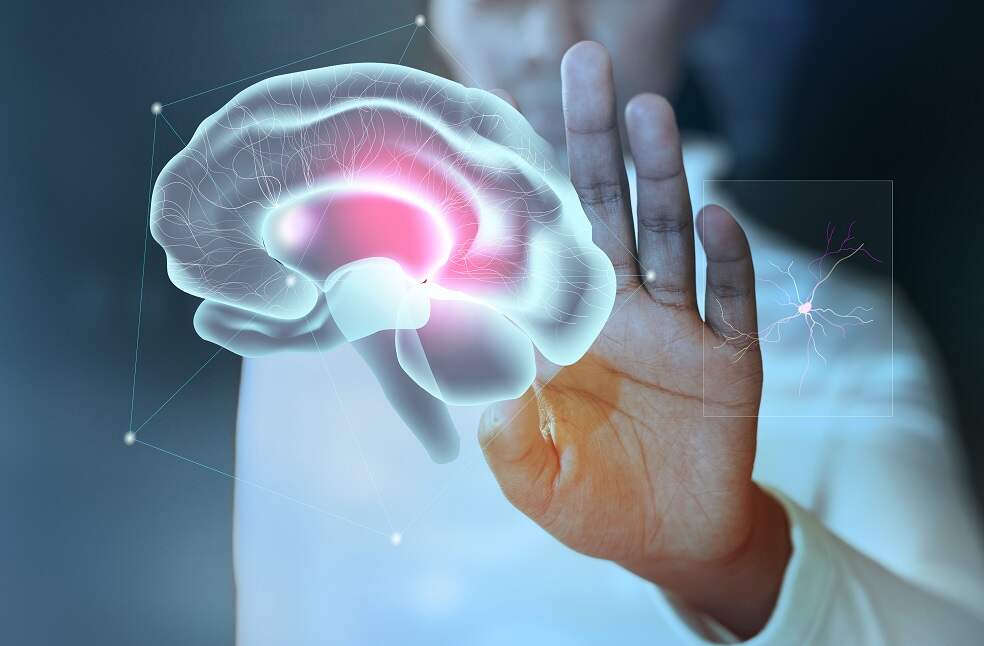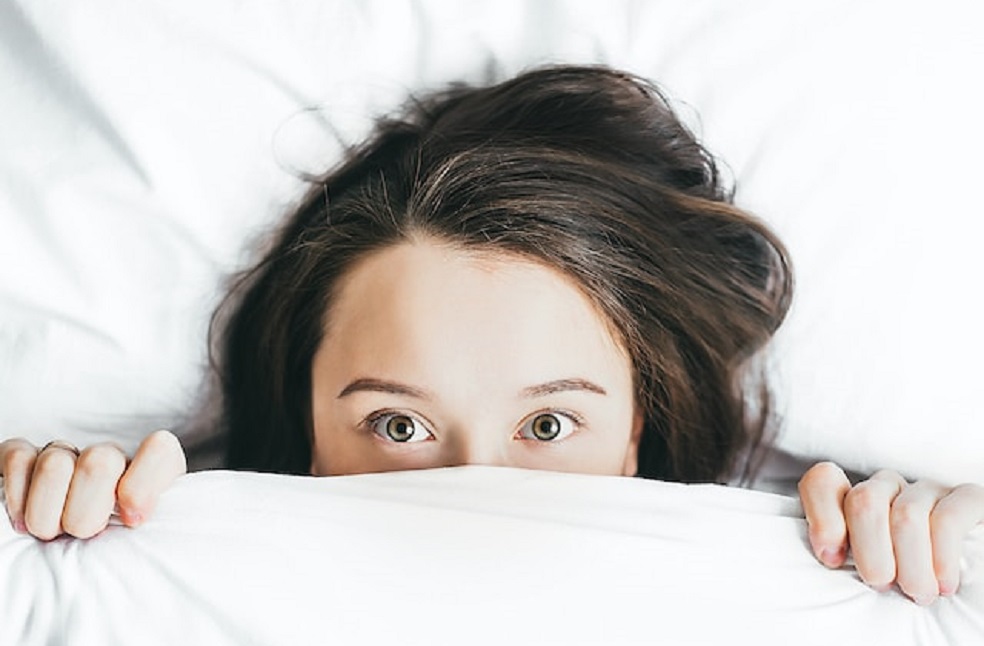Japan: A recent study has discovered that individuals who have low objective sleep quality also have unfavourable physical health indicators, especially high blood pressure.
The duration of the wake period, the frequency of awakenings, the amount of each sleep stage, and the total amount of sleep are all factors that contribute to objective sleep quality.
EEG measurements were used to measure the quality of sleep for five nights at the homes of 100 adults, ages 30-59, in a comprehensive study conducted by researchers from the University of Tsukuba in Japan.

One way to capture an electrogram of the brain’s spontaneous electrical activity is through electroencephalography. In addition, thorough physical examinations were performed at a Tokyo medical facility.
Participants were divided into three groups based on ten sleep parameters that were derived from the EEG data collected during the five-night home study: the good sleep group, which consisted of 39 participants, the intermediate group, which consisted of 46 participants, and the poor sleep group, which consisted of 15 participants.
The study, which was published in the journal Scientific Reports, assessed 50 physical health parameters among these groups using an unsupervised machine learning technique within the field of artificial intelligence (AI).

Serum creatinine, a marker of kidney function, γ-GTP, a marker of liver function, and systolic and diastolic blood pressure all showed statistically significant differences.
Among these, the researchers found that there were especially noticeable variations in systolic blood pressure, which gauges the pressure in arteries during a heartbeat, with participants in the group with inadequate sleep consistently having higher readings.
A weak correlation was found between subjective and objective sleep quality, as determined by EEG readings taken during sleep, according to the study.

Remarkably, the researchers found that the only variable that showed a correlation with systolic blood pressure was objective sleep quality.
Furthermore, the study discovered particular pairings that showed comparatively high associations between the 50 physical health parameters and the 10 EEG-derived sleep metrics.
The study emphasises the usefulness of home-based EEG for the objective evaluation of sleep quality, providing beneficial uses in clinical settings and scientific pursuits.



